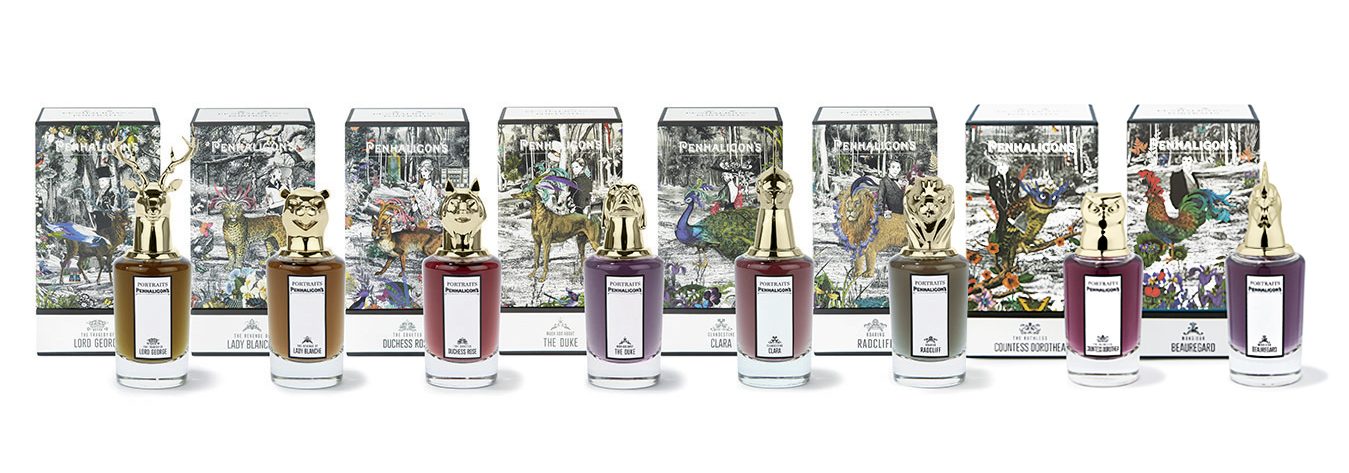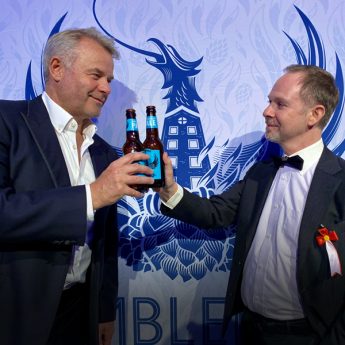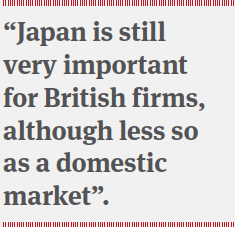Every family has its secrets and its skeletons in the cupboard. And the quintessentially Victorian characters whose stories have been woven together to create the Penhaligon’s Portraits Collection have more to hush up than most.
Take Lord George, for example. Outwardly a wealthy and respected man, he appears to embody the noblest values of the British aristocracy. The decorative cap, depicting a stag’s head, of the eau de parfum that bears his name reflects that standing in society—although the cleverly concocted notes of brandy, shaving soap and tonka bean hint at undisclosed depths.
Ruthless rogues
Similarly, the Countess Dorothea is “a most ferocious matriarch” with a sharp mind and hidden fondness for scones and the company of younger men, alluded to through bergamot, red ginger oil and sherry-cashmeran. Duke Nelson, meanwhile, married the day’s most coveted girl in London, the Duchess Rose. Yet he is known to be eccentric and unusual. His scent combines floral yet masculine woody tones, and rumours abound that his marriage has yet to be consummated.
Other characters in this rogue’s gallery of British society include “Clandestine Clara”, Lady Blanche—who is out for revenge—and “Roaring Radcliff” and the shadowy Monsieur Beauregard.
Combined, they make up a compelling tale and marketing campaign that has caught the attention of Japanese connoisseurs of fragrances, and who may coincidentally be fans of Downton Abbey and other British period dramas.
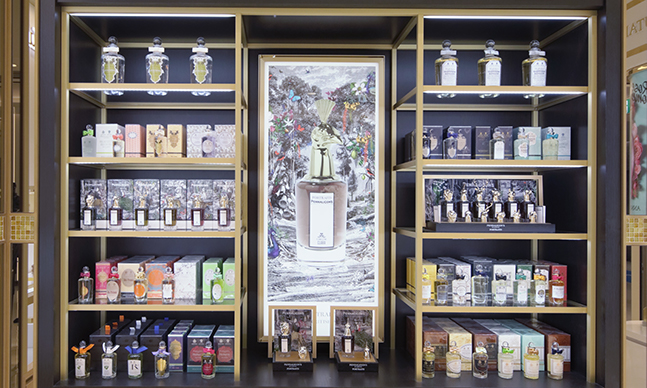
Fragrant history
“Penhaligon’s is a very traditional British brand that dates back to 1870. So it has that image and history, but also a strong sense of design and quality”, said Mari Faynot, brand manager for Penhaligon’s at Bluebell Japan Ltd., which regained the import licence for the London-based firm’s products in 2015.
“It is also known for a sense of eccentricity and humour throughout its range. That comes through particularly clearly with the new Portraits collection”, she told BCCJ ACUMEN.
“The way this has been done—the use of people, each with different characters and secret lives, the creation of a story and the use of graphics—is really fun, provocative and interesting for consumers”, she added.
Penhaligon’s is the story of a Cornish barber who moved to London to seek his fortune in the 1860s and opened a shop in Jermyn Street, among the city’s finest tailors. Inspired initially by the scent of neighbouring Turkish baths, William Penhaligon created his first fragrance, Hammam Bouquet, in 1872.
He quickly earned a following, including among the politicians and business leaders of the day, and even became the court barber and perfumer to Queen Victoria.
With a Royal Warrant to his name—the firm now has two—his reputation was assured, and the firm expanded to new premises. The original buildings in Jermyn Street were destroyed in the 1941 Blitz. Purchased in the 1950s by the Geo F. Trumper luxury gentleman’s barbers and perfumers, Penhaligon’s was later sold to Spanish fragrance firm Puig International SA.
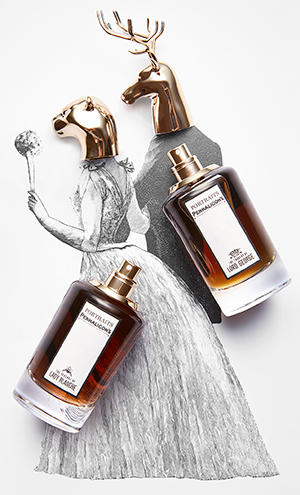 Global success
Global success
Today, Penhaligon’s has a flagship store in Covent Garden as well as outlets in Burlington Arcade, Regent Street, Mayfair and the Kings Road, while other stores have been opened in Edinburgh, Cambridge and Chester. Overseas, the firm has outlets in Paris, New York, Hong Kong, San Francisco and Singapore. Now, the brand is available at more than 50 locations in Japan, including department stores and specialist perfume shops, and also has two flagship locations in Tokyo, at the Ginza Six retail complex and the Mitsukoshi department store in Ebisu.
“The perfume sector can be defined as being made up of two categories: the ‘fashion fragrances’ of the mainstream, fashion-oriented brands that produce large quantities of well-known perfumes and put on huge PR campaigns; and the ‘maison fragrance’ sector”, Faynot said.
The latter “are niche brands that pay a great deal of attention to the quality of their products and their history, and produce in small quantities, as the title ‘maison’ indicates”, she said. “And Penhaligon’s was one of the pioneers behind that.”
Local love
Bluebell Japan does not disclose sales figures, but Faynot says Penhaligon’s is building its reputation in this market and has a number of dedicated fans.
“The fragrances are sophisticated and work for all age groups, but I believe the eccentricity of the brand appeals to customers here in Japan, although many people do like the fact that Penhaligon’s has two Royal Warrants because that does underline the quality of the brand and its products”, Faynot said.
Today, Penhaligon’s has Royal Warrants from Prince Philip and Prince Charles, with their crests prominent on the firm’s promotional literature and outlets.
At present, 19 Penhaligon’s fragrances for men are available in Japan, along with 19 scents for women and an additional 12 grooming items. Two or three items are added to the range each year.
And Faynot believes that contemporary and fashionable fragrances such as Penhaligon’s are slowly changing Japanese people’s aversion to using scent.
“Traditionally, Japanese do not like to stand out in a crowd, and a scent that is unusual will do just that”, she said. “But more people are now beginning to pay attention to perfumes and attitudes are gradually changing. People want to express themselves and their individuality, and that is good news for the fragrance market and a brand like Penhaligon’s, because these scents are very interesting”.
